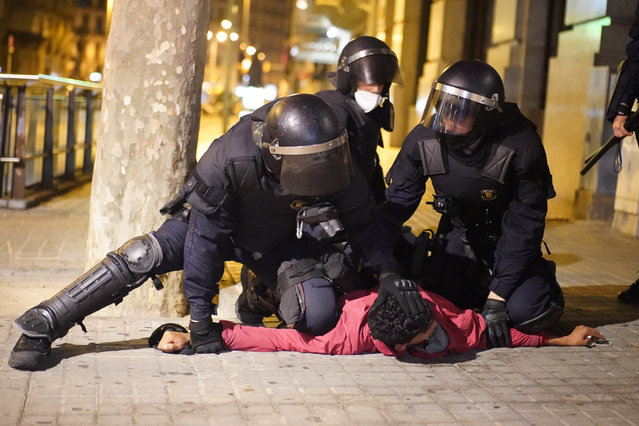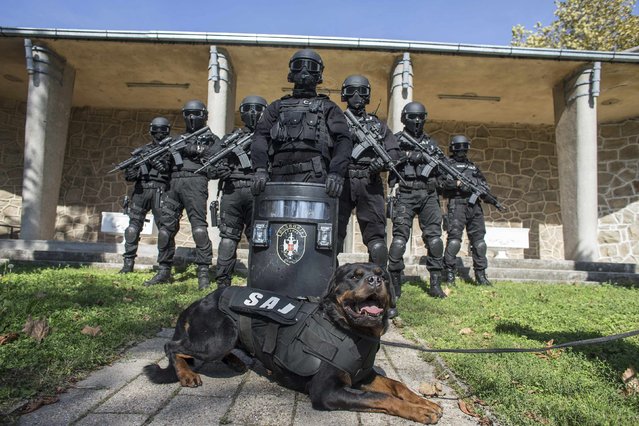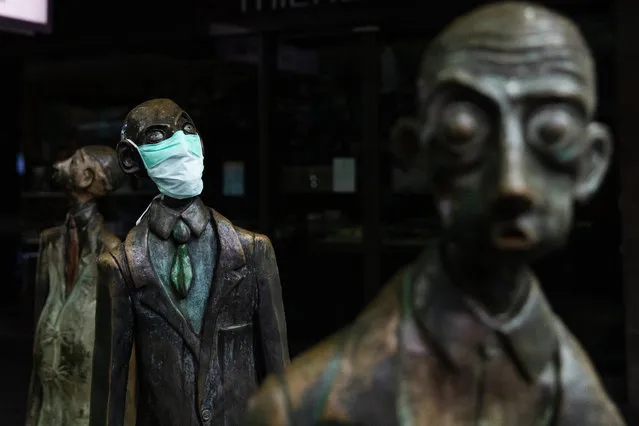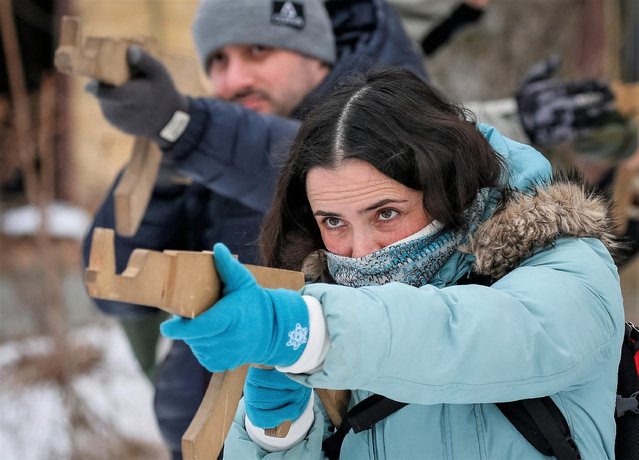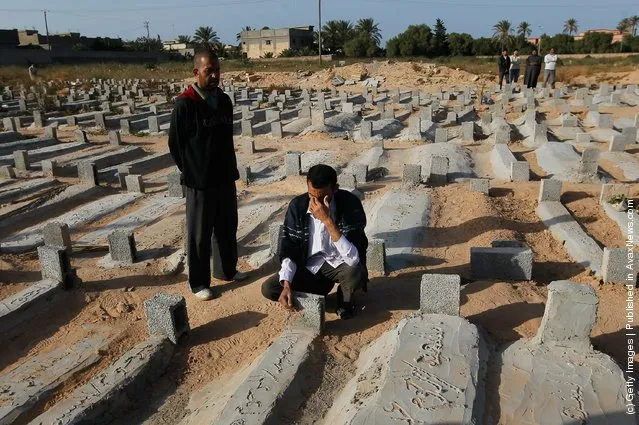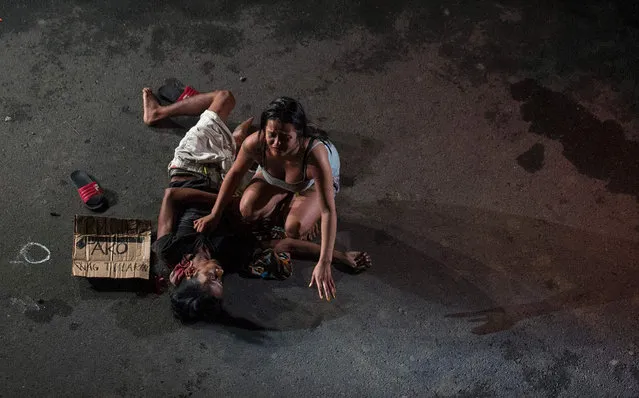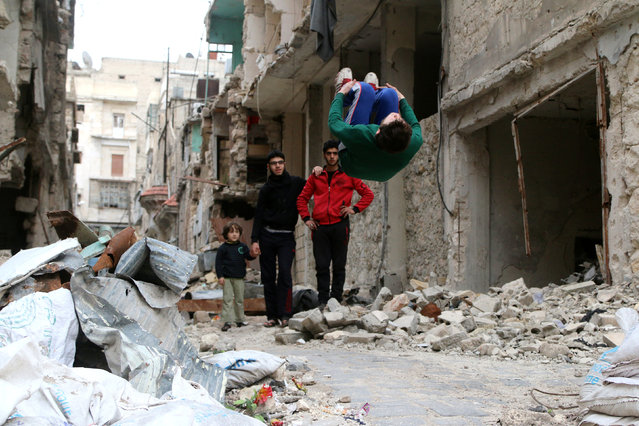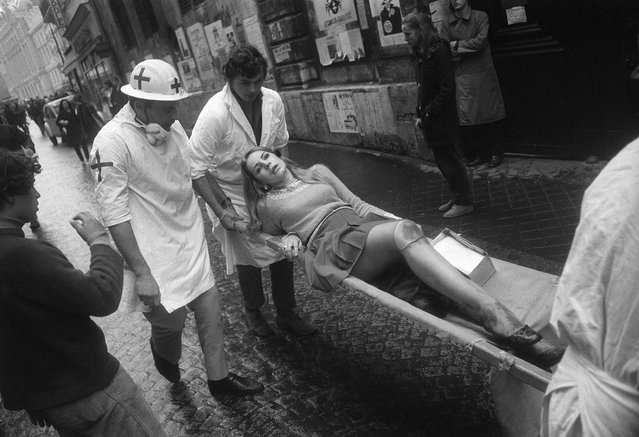
Fifty years ago, as France exploded in mass protests, words scrawled on the walls of the Sorbonne summed up the revolutionary zeal of the time: “Run free, comrade, we’ve left the old world behind!”. Sexual liberation, artistic creativity and anti-capitalism were the order of the day. For those who were there, it was an unforgettable time. Here: A wounded student is transported by first-aid workers during riots on the Boulevard Saint-Michel, Paris, France on May 6, 1968. (Photo by Gökşin Sipahioğlu/SIPA Press)
25 May 2018 00:06:00,post received
0 comments

